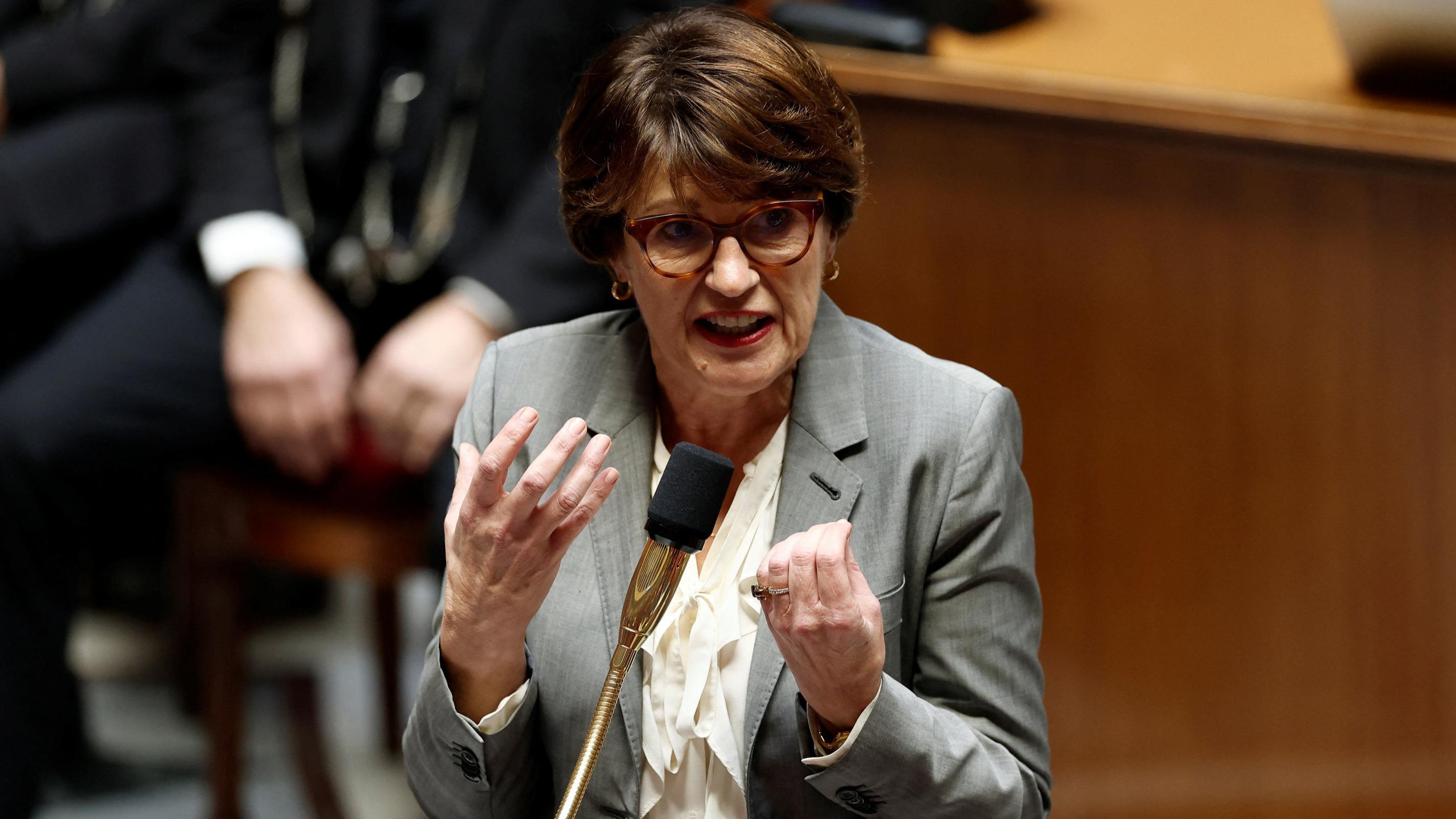French Agriculture Tensions Mount Over EU-Mercosur Trade Deal Amidst Macron's Mixed Signals
France's agricultural sector mobilizes against the EU-Mercosur trade deal following Macron's positive signals, with calls for protests and demands for protective safeguards.
- • Agriculture Minister Annie Genevard insists France will not sign any agreement harming its farmers and demands strict safeguard measures.
- • President Emmanuel Macron expressed cautious optimism about the EU-Mercosur deal during his Brazil visit, prompting criticism from agricultural unions.
- • The FNSEA has called for protests during Macron's visit to Toulouse, citing a betrayal of prior commitments to protect farmers.
- • A meeting between Macron and agricultural leaders is scheduled to address growing tensions and discontent with the trade agreement.
- • There is widespread concern over imported products not meeting European health and environmental standards, intensifying opposition to the deal.
Key details
In the ongoing debate over the EU-Mercosur trade agreement, the French agricultural sector is expressing strong opposition, reacting sharply to recent comments made by President Emmanuel Macron and demands articulated by Agriculture Minister Annie Genevard. Despite Macron's "rather positive" remarks during his recent visit to Brazil regarding a potential go-ahead for the trade deal, tensions remain high as many in the agricultural community feel betrayed by what they perceive as inconsistent government stances.
Minister Annie Genevard has been clear that France will not endorse any agreement that would "condemn" its farmers. She reaffirmed France's "red lines," calling for three key protections: a stringent agricultural safeguard clause, mirror measures to prevent imports that do not comply with European health and environmental standards, and reinforced sanitary controls. Genevard also highlighted the need for clarity about the decision-making process and verification of these protective measures' effectiveness, emphasizing that France is not alone in its concerns within the EU (136134).
However, these assurances have failed to soothe the agricultural sector. The FNSEA, France's most influential farming union, has called for a day of protest during Macron's upcoming visit to Toulouse on November 12. FNSEA President Arnaud Rousseau condemned Macron's apparent shift from a firm "we will not sign Mercosur as it stands" position to a more conciliatory tone, describing it as a betrayal of farmers’ interests and longstanding commitments. Rousseau also criticized legal technicalities like safeguard clauses, questioning Europe's genuine commitment to shielding its agriculture from unfair competition. The FNSEA and the Jeunes Agriculteurs, whose combined electoral support represents more than 46% in the recent agricultural chamber elections, are gearing up for significant demonstrations. The Élysée plans a meeting between Macron and agricultural leaders later in the week to address the escalating unrest (136180).
This discord reflects deep-seated anxieties within the French farming community about the impact of the Mercosur deal, especially regarding competition from imports that may not meet Europe's rigorous standards. While Macron maintains cautious optimism about the agreement's potential benefits, the agricultural sector remains wary, demanding concrete guarantees to preserve their livelihoods.
The coming days will be crucial as protests approach and government leaders navigate these conflicting pressures while attempting to finalize France's position on one of the EU’s most contentious trade agreements.
This article was translated and synthesized from French sources, providing English-speaking readers with local perspectives.
Source articles (2)
Source comparison
Latest news
Pau's Local Election Campaign Gathers Momentum Amid Broader Political and Economic Concerns
French Companies and Regions Accelerate Efforts in Nature-Related Economic Transition
France Heightens Military Readiness Amid Iran Conflict, Pledges Defense Support to Gulf States
Jean-Luc Mélenchon Faces Accusations of Antisemitism Over Joke on Raphaël Glucksmann's Name
Tensions and New Faces Mark the 2026 French Municipal Elections
France Bolsters Military Presence in Gulf Following Iranian Drone Attacks
The top news stories in France
Delivered straight to your inbox each morning.

